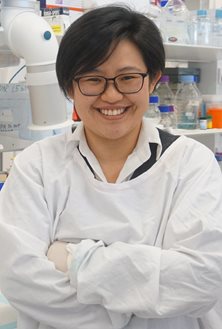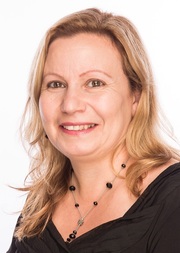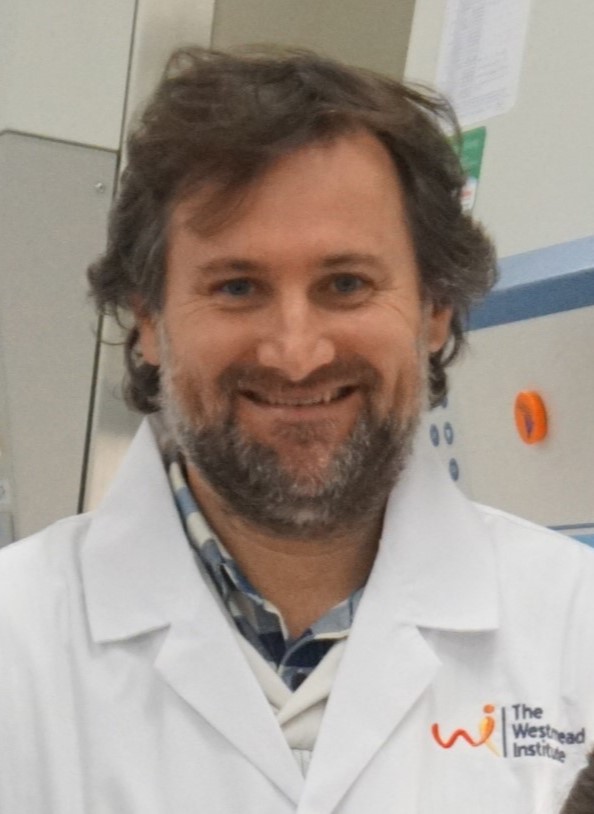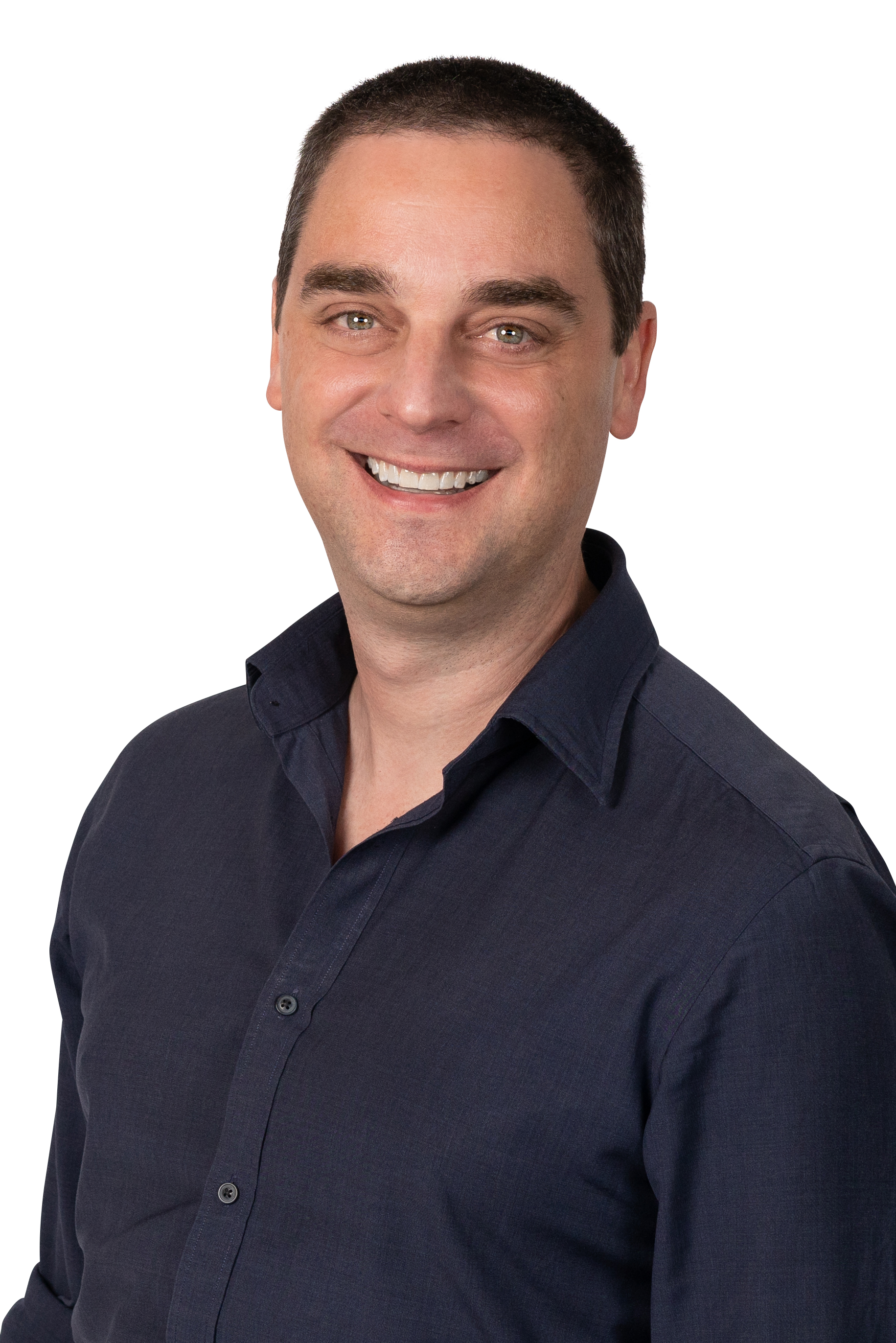December 18, 2023 Print
Congratulations to researchers at WIMR who have received Ideas Grants from the National Health and Medical Research Council (NHMRC).
This vital funding will help WIMR researchers investigate treatments, preventions and cures for some of the biggest disease challenges of our time.
NHMRC grants are highly competitive, with only a select number of innovative projects funded in each round. WIMR’s success rate this year is far above the national average, highlighting the regard held for WIMR’s researchers and their work.
WIMR Executive Director, Professor Philip O’Connell congratulated WIMR’s recipients and said that it is an acknowledgment of the pioneering and world-class research work being conducted at WIMR and across the Westmead Health Precinct.
“This is a wonderful achievement. It demonstrates not only the quality of work being conducted at WIMR, but the expertise and focus on translating research outcomes into improved treatments for patients.
“I am particularly thrilled to see so many of our early-to-mid career researchers being recognised. I am proud to see these researchers thriving, a testament to the supportive research environment we aim to deliver at WIMR,” said Professor O’Connell.
The NHRMC Ideas Grants support researchers at all career stages undertaking innovative and creative research projects in any area of health and medical research from discovery to implementation.
Congratulations to the following WIMR researchers who received NHMRC Ideas Grants:
Dr Jennifer Li
Project: Precision medicine advancing renal transplantation.

Dr Jennifer Li, Centre for Transplant and Renal Research, was awarded her PhD in 2023 and is a Staff Specialist Nephrologist and Transplant Physician at Westmead Hospital. Dr Li has won many awards including the 2019 Transplantation Society of Australia and New Zealand (TSANZ) President’s Prize, and the 2022 TSANZ Early Career Science Award.
Dr Najla Nasr
Project: A novel strategy to reactivate HIV in CD4 T cells via interferon alpha treatment.
The research program of Dr Najla Nasr, Centre for Virus Research, targets therapeutic strategies in the fight against HIV aiming at vaccine development, clearance of viral reservoirs and/or limiting the establishment of latent CD4 T cells viral reservoirs that don’t respond to antiretroviral therapy.
Professor Andrew Harman and Professor Scott Byrne
Project: Defining the role of antigen presenting cells in Crohn’s Disease.

Professor Andrew Harman, Deputy Director, Centre for Virus Research and Professor of Virology and Immunology in the University of Sydney School of Medical Sciences, has extensive collaborations with surgeons at Westmead Hospital who provide his research groups with a large range of human tissues with which he conducts all his research. He leads two research groups investigating sexual transmission of HIV and Inflammatory Bowel Diseases, such as Crohn's Disease.

Professor Scott Byrne is Co-Deputy Director, Centre for Immunology and Allergy Research, and co-leader of the Autoinflammatory Diseases Group, where his team are developing and testing novel immune-modulating drugs that could lead to breakthroughs in the treatment of diseases like psoriasis, dermatitis, wound healing, inflammatory bowel disease and Crohn’s disease.
Associate Professor Guoping Zheng
Project: Preventing kidney failure using BMP-7 engineered macrophages in chronic

kidney disease.
Associate Professor Guoping Zheng leads the Kidney Injury Repair and Fibrosis group in the Centre for Transplant and Renal Research. He has made seminal contributions to the field of kidney fibrosis in DNA vaccine, MMPs and TGF-β signaling.
Associate Professor Aaron Schindeler
Project: Exploring gene therapy for Neurofibromatosis types 1 and 2.

Associate Professor Schindeler heads the Bioengineering and Molecular Medicine laboratory at WIMR, in collaboration with The Children’s Hospital at Westmead. Associate Professor Schindeler’s research focuses on the development of new tools for functional genomics and gene therapy for bone fragility disorders; pharmaceutical modulation of bone healing; bone tissue engineering using new biomaterials and 3D printing; and treating the musculoskeletal complications associated with Neurofibromatosis type 1.
The full list of NHMRC grant recipients can be found
here.